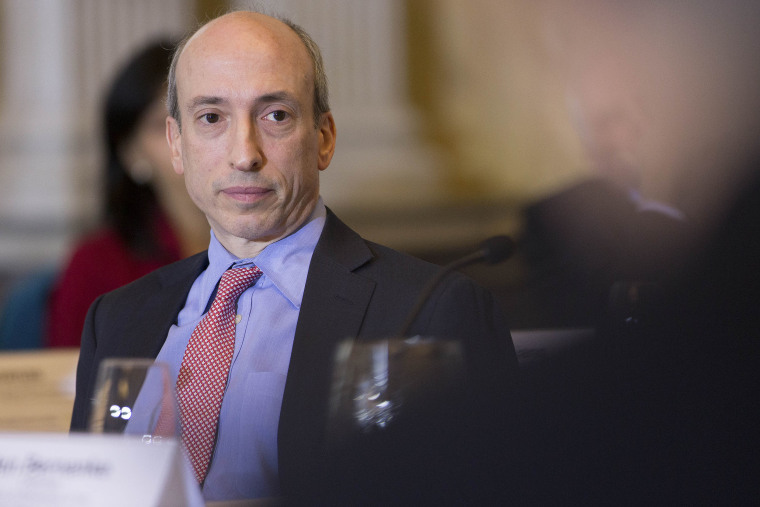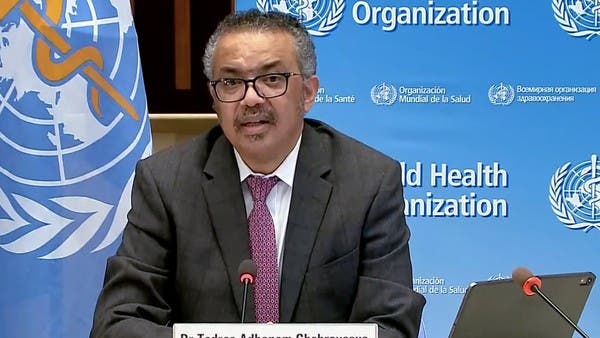TEL AVIV, Israel — Israel's education minister says he is banning groups that call Israel an “apartheid state” from lecturing at schools — a move that targets one of the country's leading human rights groups after it began describing both Israel and its control of the Palestinian territories as a single apartheid system.

The explosive term, long seen as taboo and mostly used by the country's harshest critics, is vehemently rejected by Israel's leaders and many ordinary Israelis.
Education Minister Yoav Galant tweeted late on Sunday that he had instructed the ministry’s director general to “prevent the entry of organizations calling Israel ‘an apartheid state’ or demeaning Israeli soldiers from lecturing at schools.”
“The Education Ministry under my leadership raised the banner of advancing Jewish, democratic and Zionist values and it is acting accordingly,” he said. It was not immediately clear whether he had the authority to ban speakers from schools.
In a report released last week, the rights group B’Tselem said that while Palestinians live under different forms of Israeli control in the occupied West Bank, blockaded Gaza, annexed east Jerusalem and within Israel itself, they have fewer rights than Jews in the entire area between the Mediterranean Sea and the Jordan River.
B'Tselem said it would not be deterred by the minister's announcement and that despite it, the group gave a lecture on the subject via videocall to a school in the northern city of Haifa on Monday.
“B’Tselem is determined to keep with its mission of documenting reality, analyzing it, and making our findings publicly known to the Israeli public, and worldwide,” it said in a statement.
Adalah, an Arab legal rights group, said it had appealed to the country's attorney general to cancel Galant's directive, saying it was made without the proper authority and that it was intended to “silence legitimate voices.”
Israel passed a law in 2018 preventing lectures or activities in schools by groups that support legal action being taken against Israeli soldiers abroad. The law was apparently drafted in response to the work of Breaking the Silence, a whistleblower group for former Israeli soldiers who oppose policies in the occupied West Bank. It was not clear if Galant's decree was rooted in the 2018 law.
Israel has long presented itself as a thriving democracy. Its own Arab citizens, who make up about 20% of its population of 9.3 million, have citizenship rights, but they often suffer from discrimination in housing and other spheres. Arab citizens of Israel have representatives in parliament, serve in government bureaucracy and work in various fields alongside Jewish Israelis.
Israel seized east Jerusalem, the West Bank and the Gaza Strip in the 1967 war — lands that are home to nearly 5 million Palestinians and which the Palestinians want for a future state.
B’Tselem and other rights groups argue that the boundaries separating Israel and the West Bank vanished long ago — at least for Israeli settlers, who can freely travel back and forth, while their Palestinian neighbours require permits to enter Israel.
Israel withdrew troops and settlers from Gaza in 2005 but imposed a blockade after the Palestinian militant Hamas group seized power there two years later. It considers the West Bank “disputed” territory whose fate should be determined in peace talks with the internationally recognized Palestinian Authority, the autonomy government for its Palestinian residents.
Israel annexed east Jerusalem in 1967 in a move not recognized internationally and considers the entire city its unified capital. Most Palestinians in east Jerusalem are Israeli “residents,” but not citizens with voting rights.
Israel adamantly rejects the term apartheid, saying the restrictions it imposes in Gaza and the West Bank are temporary measures needed for security. Most Palestinians in the West Bank live in areas governed by the Palestinian Authority, but those areas are surrounded by Israeli checkpoints and Israeli soldiers can enter at any time. Israel has full control over 60% of the West Bank.
B’Tselem argues that by dividing up the territories and using different means of control, Israel masks an underlying reality that roughly 7 million Jews and 7 million Palestinians live under a single system with vastly unequal rights.
Tia Goldenberg, The Associated Press
















